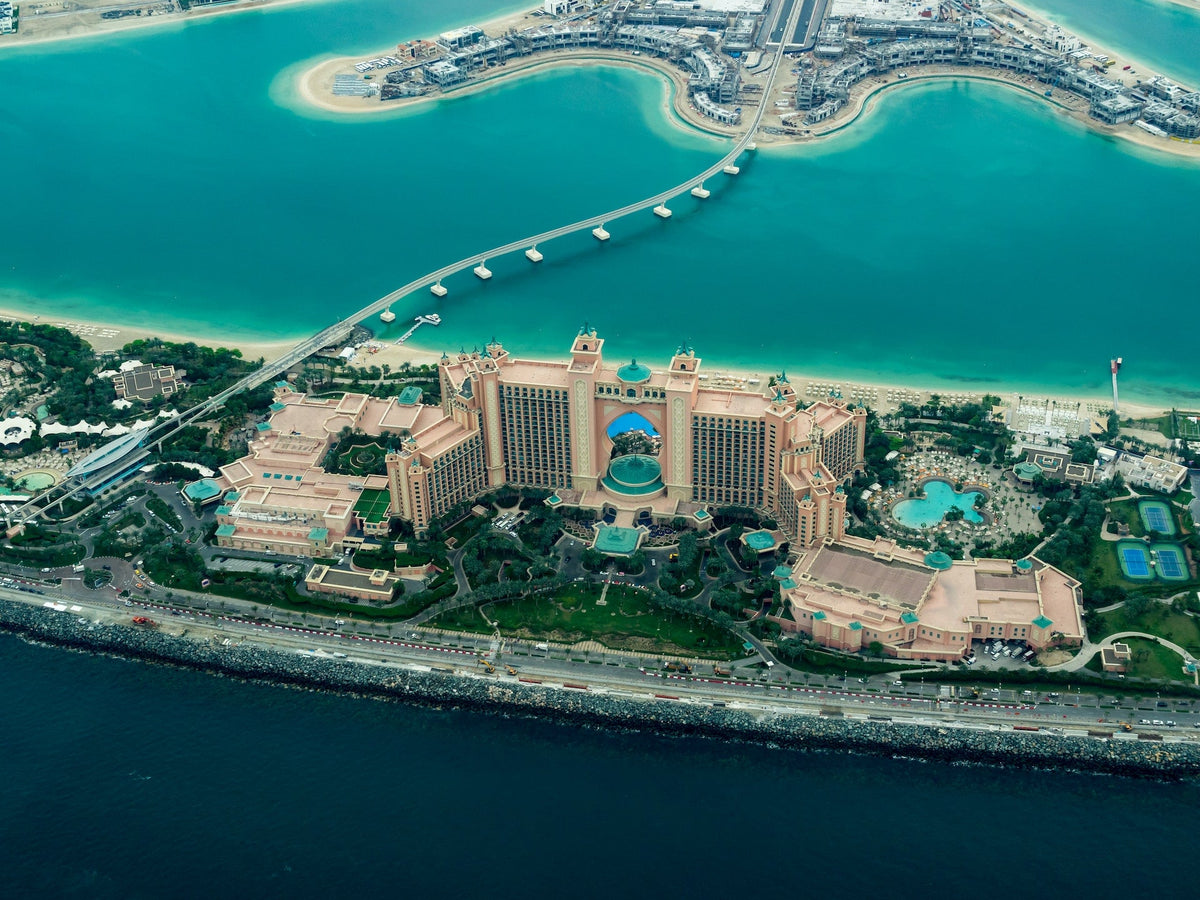
Cultural Etiquette and Customs When Traveling to Dubai: A Guide for Visitors
|
|
Time to read 4 min
|
|
Time to read 4 min
Dubai, the glittering gem of the United Arab Emirates (UAE), is a fascinating destination that seamlessly blends traditional Arabian culture with modernity. As a traveler, it is essential to understand and respect the local customs and etiquette to have a memorable and respectful experience. In this article, we will delve into the cultural norms, etiquette, and customs that will help you navigate Dubai's vibrant society with grace and appreciation.
Dubai is known for its diverse and multicultural environment, but it's important to be mindful of the local dress code. While there is no strict dress code imposed on visitors, it is advisable to dress modestly, especially in public places. Both men and women should avoid wearing revealing clothing such as short skirts, shorts, or sleeveless tops, as it may be considered disrespectful or offensive to local customs. Women may also be required to cover their heads with a scarf when visiting religious sites or entering certain areas. Carrying a lightweight shawl or jacket can come in handy for both men and women to respect local customs and adapt to different situations.
Emiratis are known for their warm hospitality and friendly nature. When meeting locals, a simple handshake is generally acceptable. However, it's important to note that some Emirati women may prefer not to shake hands with men, so it's always best to wait for them to initiate the gesture. After shaking hands, it's common to see Emiratis touching their right hand to their heart, which is a gesture of respect. When engaging in conversations, maintaining a polite and respectful tone is highly valued. It's advisable to avoid discussing sensitive topics such as politics or religion unless the topic is raised by your Emirati host.
Islam is the predominant religion in the UAE, and Dubai is deeply rooted in Islamic traditions. Visitors should be aware and respectful of the Islamic culture during their stay. Non-Muslims are generally welcome to visit mosques, but it's important to adhere to certain guidelines. When entering a mosque, it is customary to remove your shoes and dress modestly. Women are often required to cover their heads with a scarf, and both men and women should ensure their clothing covers their shoulders and knees. While visiting during prayer times, it's crucial to maintain a quiet and respectful demeanor. During the holy month of Ramadan, when Muslims fast from sunrise to sunset, it is important to be considerate by refraining from eating, drinking, or smoking in public during daylight hours.
Dubai is a city that values modesty and public decorum. Public displays of affection (PDA) are considered inappropriate and should be avoided. This includes intimate gestures, kissing, or any behavior that may be deemed offensive or disrespectful in public. It's important to remember that Dubai has its own set of laws and regulations, and engaging in behavior that goes against these norms may lead to legal consequences. By maintaining a respectful and considerate attitude in public, you can ensure a harmonious experience for yourself and those around you.
Dubai boasts stunning landscapes, iconic architecture, and cultural sites that are perfect for capturing memorable photographs. However, it's crucial to respect individuals' privacy and seek permission before taking their pictures, especially when photographing women or capturing moments in more intimate settings. It's also important to exercise caution when taking photos of government buildings, airports, or military installations, as photography in these areas may be restricted for security reasons. Always be mindful of the surroundings and follow any guidelines or instructions provided by authorities or signage.
Dining in Dubai offers a rich culinary experience with a wide range of international cuisines. When invited to an Emirati home for a meal, accepting the invitation graciously is considered polite. Upon entering, it is customary to remove your shoes and follow the host's lead in terms of seating arrangements. Emiratis traditionally eat with their right hand, considering the left hand unclean. However, it is also common to find cutlery provided at restaurants to accommodate diverse dining preferences. Tipping is not mandatory in Dubai, but it is appreciated to show gratitude for good service. A tip of around 10-15% of the bill is commonly given in restaurants, though some establishments may include a service charge in the bill.
Dubai allows the consumption of alcohol in licensed establishments such as hotels, bars, and restaurants. However, it's important to note that public intoxication is strongly discouraged and can result in legal consequences. It is advisable to drink responsibly and be aware of the local laws regarding alcohol consumption. During the holy month of Ramadan, it's important to respect the customs and refrain from consuming alcohol in public during daylight hours, as Muslims are fasting during this period. Additionally, it's essential to remember that drinking alcohol outside of designated areas or in public places outside of licensed establishments is strictly prohibited.
By understanding and respecting the cultural etiquette and customs of Dubai, visitors can forge deeper connections with the local population and gain a richer travel experience. Being mindful of dress codes, greetings, and communication, as well as respecting religious practices and local customs, will not only show respect but also contribute to a harmonious and memorable visit to this extraordinary city.

